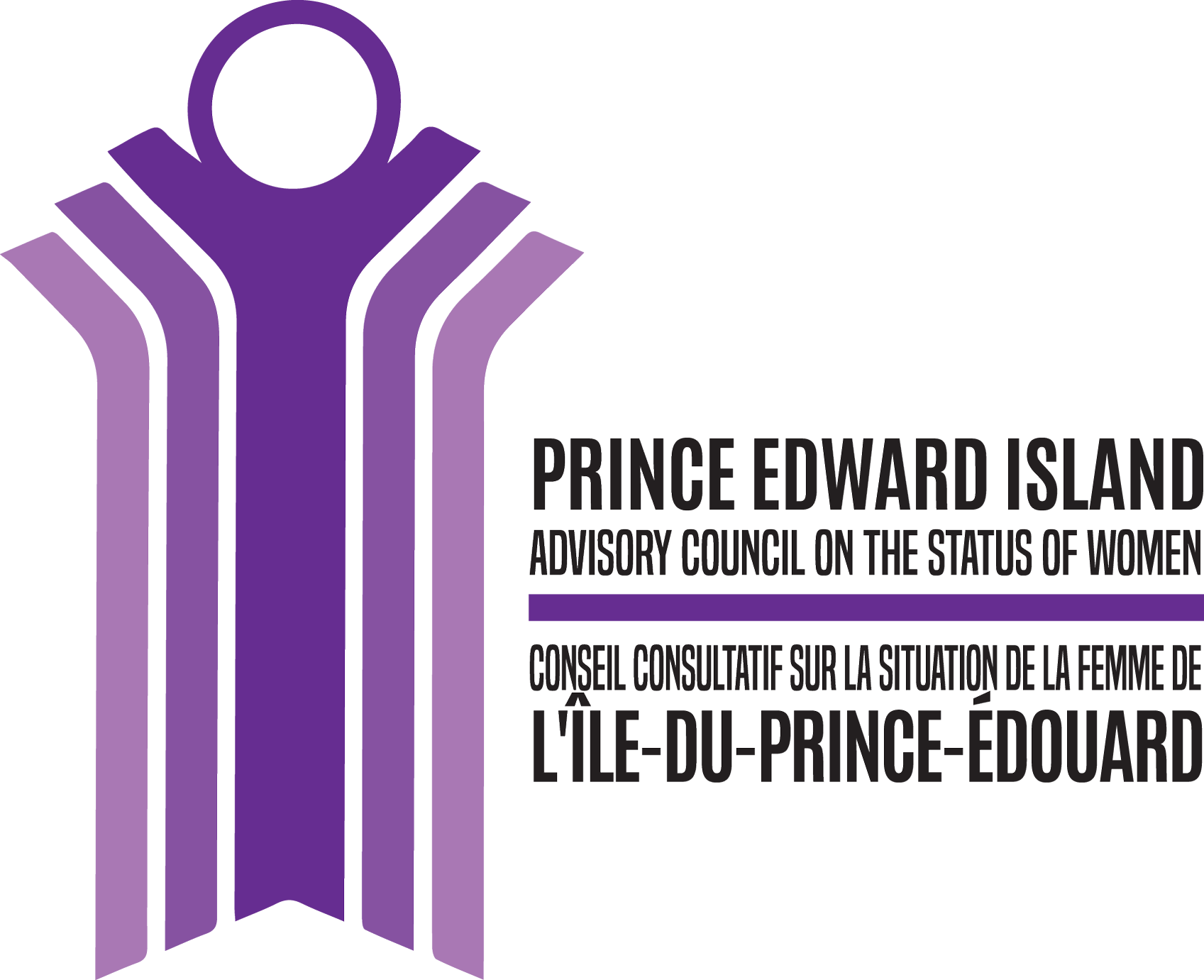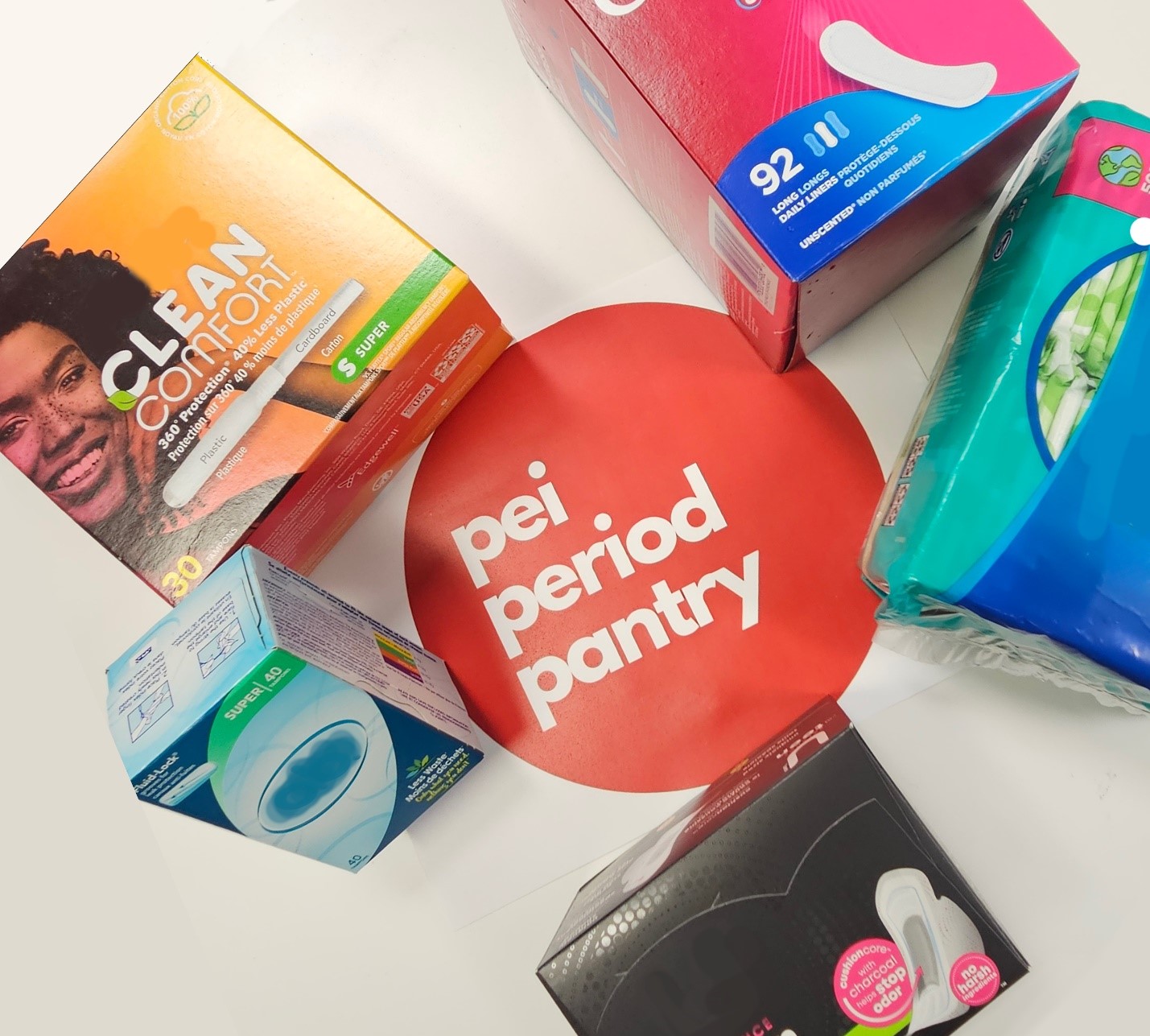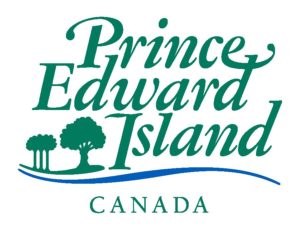I share these thoughts on May 28th, the date recognized to talk about menstrual equity and lessen the stigma that often burdens those who menstruate. There is a new initiative taking shape in Charlottetown that is part of a nation-wide and international effort to ensure girls, women and anyone who menstruates have the products they need to be fully engaged in their communities – the PEI Period Pantry.
This newly formed community group is part of a global effort to make free menstrual products universally accessible and advocates for dignity, equity, choice and safety. Menstrual equity refers to equal and comprehensive access to menstrual products, as well as access to education regarding sexual and reproductive health and rights. Members of the PEI Period Pantry include staff of the Advisory Council on the Status of Women and the Coalition for Women in Government.
Over half of the population menstruates and deserves to menstruate with dignity, to be informed, and to be able to access the products they need. In Canada and everywhere, girls and women experience period poverty, meaning they do not have adequate financial resources to take care of their menstrual needs every 28 days. Often this means making tough choices about whether to eat or go to school or participate in events and activities, because they are menstruating. Period poverty is a lack of access to menstrual products, education, clean and safe facilities, waste management, or a combination of these.
Lack of access to menstrual products and information is closely linked to poverty and disproportionately impacts youth, single mothers, Indigenous peoples, Black and other racialized communities, immigrants, people experiencing homelessness, people living with disabilities, gender diverse individuals, and those who live in remote areas.
A 2023 public opinion research survey conducted by Environics Research on behalf of Women and Gender Equality Canada found that one in six (17%) Canadians who menstruate have personally experienced period poverty; this rises to one in four (25%) if their household earns less than $40,000 a year. One in five (20%) who menstruate say they may not afford period products at some point in the next 12 months, and 7% say this is very likely. Six in ten of the first group agree that inflation has increased the likelihood of not affording period products.
The PEI Period Pantry will be looking for local volunteers to gather product, build deck boxes and sheds, stock drop off and pick up locations, plan communications and community liaison, advocate for dignity and accessibility, etc.
Access to free menstrual products is an essential need in our community. It is a basic human right. No one in PEI should have their freedom and equality limited because they cannot afford menstrual products.
Michelle Jay, Program Coordinator
PEI Advisory Council on the Status of Women
_____________________________
Related Link:
- COMMENTARY: New P.E.I. Period Pantry part of a global effort to improve dignity, equity and safety for those who menstruate, May 29, 2024, Saltwire-The Guardian PEI.



